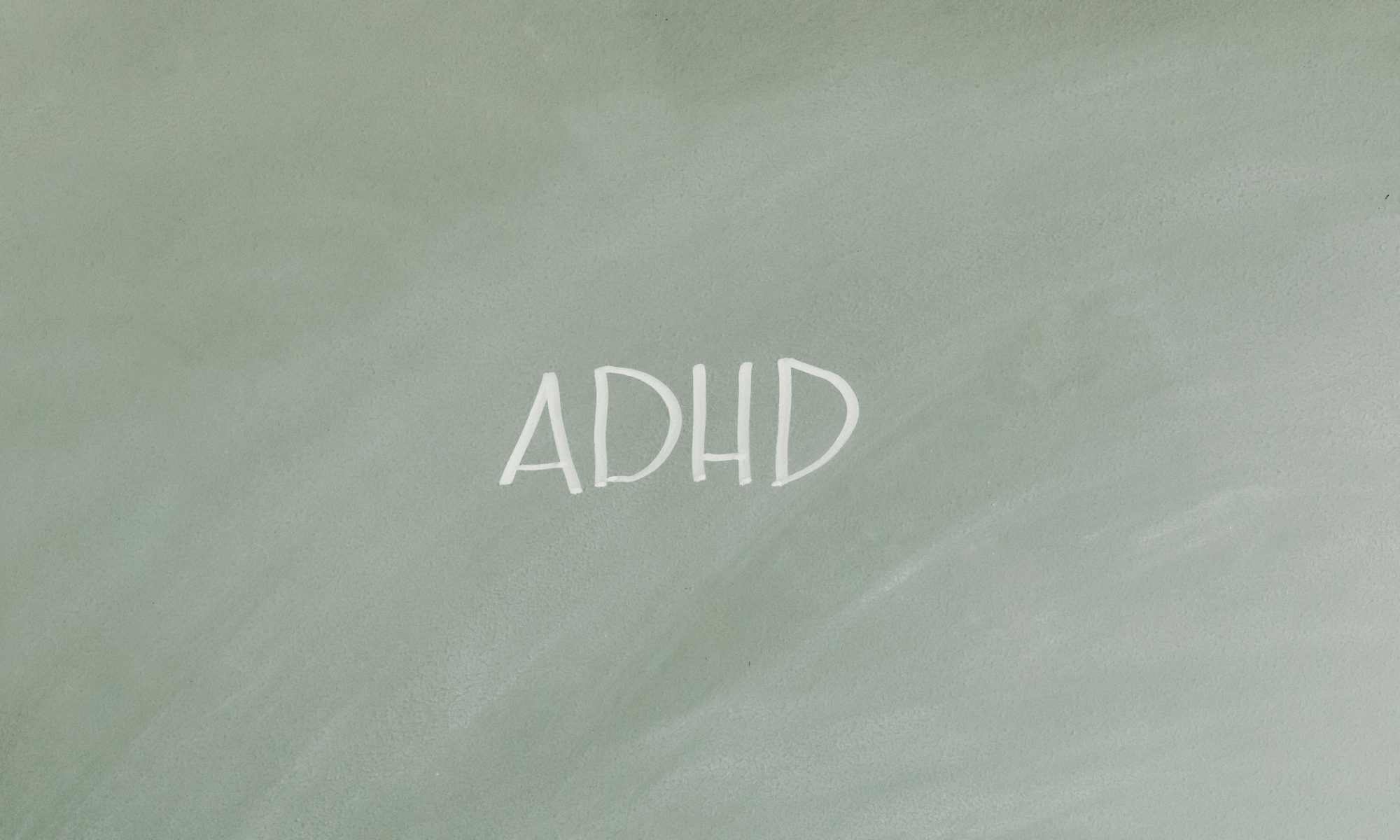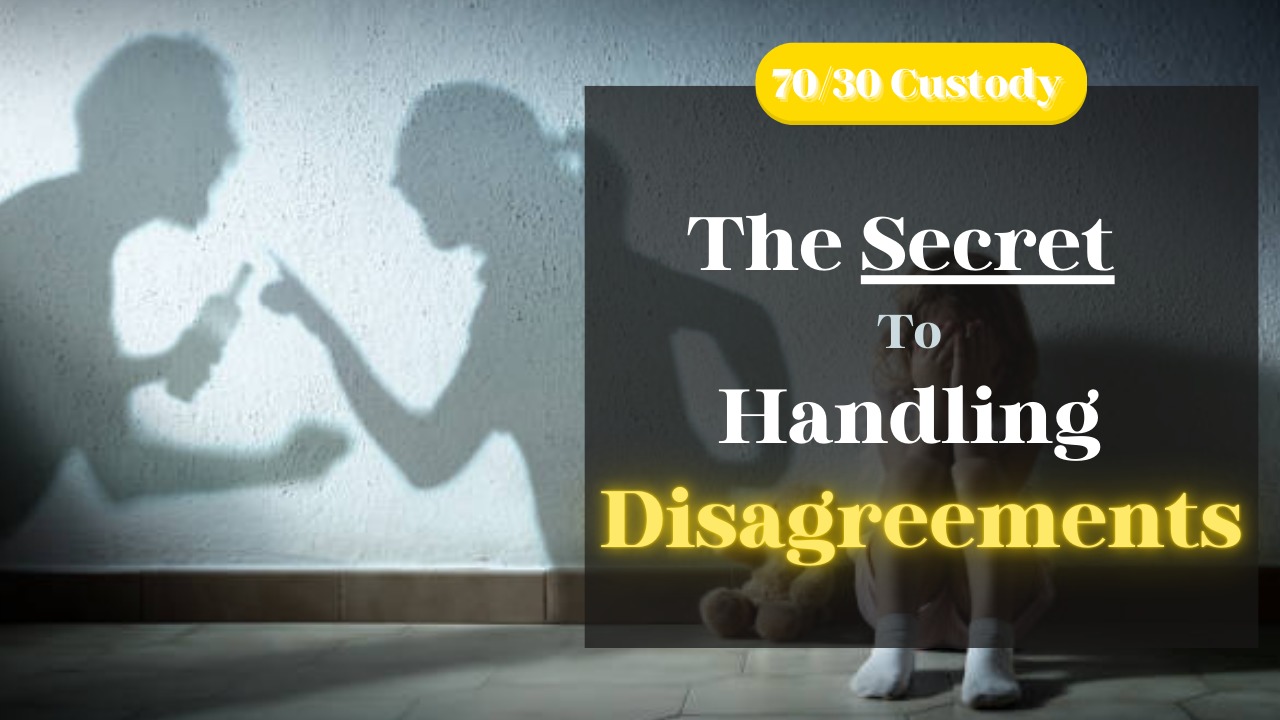Life after divorce is tough enough, but bringing two families together? That’s a whole new level of challenge! Now, imagine adding ADHD into the mix—suddenly, everyday routines can feel like navigating through a storm. ADHD, or Attention-Deficit/Hyperactivity Disorder, can impact how kids learn, connect with others, and handle emotions, which makes blending families a bit more tricky. But don’t worry, there’s hope! With the right approach, you can make it work smoothly.
In this post, we’ll share tips on managing ADHD in a blended family after divorce, so you can create a happier, more peaceful home.
Challenges ADHD Brings to a Blended Family
Blended families come with their own unique set of challenges, and when ADHD is added to the mix, things can get even trickier. Imagine you’re a step-parent trying to build a bond with your stepchild, but you don’t know they have ADHD. You might see certain behaviors as rude or lazy when, in reality, they’re struggling with things that are out of their control. This can lead to a lot of frustration on both sides.
Biological parents also don’t know how to handle ADHD. Maybe one parent wants to stick to a strict routine, while the other is more relaxed. This back-and-forth can be really confusing for a child with ADHD because they often need consistency and structure to feel secure.
Another common issue is when the child says, “You’re not my real parent,” to the step-parent. It’s hurtful, but it’s even harder when ADHD is in the picture. Kids with ADHD can have a tough time managing their emotions, which makes it difficult for them to connect with new family members.
Btw, Let’s talk about some of the biggest challenges ADHD can bring to a blended family:
- Kids with ADHD might struggle to understand social cues, which can lead to misunderstandings and conflicts in the family.
- When parents and step-parents don’t agree on how to handle ADHD, it confuses the child and adds anxiety.
- A child with ADHD often needs extra attention, which can cause step-siblings to feel jealous or left out.
- ADHD can lead to impulsive behavior and emotional outbursts, creating stress for everyone in the family.
- Managing ADHD while building new family relationships can overwhelm parents and lead to burnout.
- Advocating for the educational needs of a child with ADHD is challenging, especially in a blended family setting.
- The involvement of multiple parents and schools can complicate the process of supporting a child’s learning needs.
Strategies for Managing ADHD in a Blended Family
Successfully managing ADHD in a blended family requires flexibility and cooperation. Below are some practical strategies to ensure your child with ADHD receives the support they need:
1. Keep Routines Consistent Across Both Homes
Kids with ADHD thrive on routines. They feel more secure when they know what to expect. So, if your child is moving between two homes, try to keep things as consistent as possible. This means having similar rules, schedules, and bedtimes.
For example, if your child spends weekdays with mom and weekends with dad and stepmom, make sure bedtime is the same in both places. You can even use a shared calendar to track bedtimes, homework schedules, and activities. This helps your child stay on track and minimizes confusion and anxiety.
2. Talk, Talk, and Talk Some More
Communication between parents is key. Make sure both biological and step-parents are on the same page when it comes to managing ADHD. Share what works, what doesn’t, and any medication schedules. Regular check-ins between everyone will help you identify and address any problems before they grow.
Keep all parents involved in therapy sessions or treatment plans. That way, everyone is working together, and your child benefits from a unified approach.
3. Help Your Child Express Their Feelings
Kids with ADHD often struggle with managing their emotions. Create a safe space where they can talk about their feelings, whether it’s with a parent, step-parent, or therapist. Let them know it’s okay to feel frustrated or anxious, and encourage them to share those feelings.
For example, if they’re feeling uneasy about being part of a new family, let them talk about it. Just knowing that they’re being heard can make a huge difference in reducing stress and anxiety.
4. Teach the Whole Family About ADHD
It’s important that everyone in the blended family understands what ADHD is. This includes siblings, step-parents, and extended family members. ADHD isn’t about bad behavior or poor parenting—it’s a neurological condition.
Talk openly with your family members about ADHD. This helps clear up any misunderstandings and builds empathy and patience among all family members.
5. Get Professional Help When Needed
Blended families with ADHD can benefit greatly from family counseling. A therapist can offer strategies tailored to your specific situation and help with any issues that arise. ADHD coaching can also provide valuable support for your child and offer parents guidance on managing symptoms.
Managing ADHD in a blended family isn’t always easy, but with a bit of planning and open communication, you can create a supportive environment for your child to thrive. Keep talking, stay consistent, and don’t be afraid to ask for help when you need it.









